
Is cash tight? Are you struggling to pay your suppliers or even wages on time?
Are you coming under pressure regarding the company’s performance from other stakeholders? i.e. shareholders, employees, advisors
Do you struggle to get a regular, up to date and accurate picture of the company’s financial and sales performance and costs run rate from your finance team?
Are you struggling to keep up with customer demand and meeting delivery promises and deadlines?
Are you losing key business you would expect to win? Is your new business pipeline somewhat empty?
Are most of your employees in your company working long hours and struggling to stay happy & healthy &/or do you have problems with recruitment and employee retention?
The law and the interpretation of the commercial issues vary within jurisdictions. An overly strict interpretation can lead to a premature filing and loss of value. We have long experience in many jurisdictions across Europe of guiding directors through this difficult and sometimes emotional issue. A combination of commercial business judgment and legal advice, coupled with proper recording of decision making to demonstrate that actions are made with the best possible information and advice, and in the interests of all stakeholders with deference to their ranking in insolvency and security, should be followed. Absent fraud, preference or malfeasance a properly supported and advised business judgement defence, demonstrating actions as in the best interest of the creditors, will avoid the risk of directors’ liability. More detail can be found in BM&T’s Turnaround Guide written for the Institute of Chartered Accountants in England and Wales.
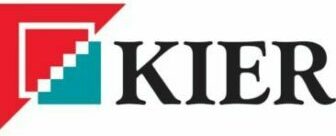
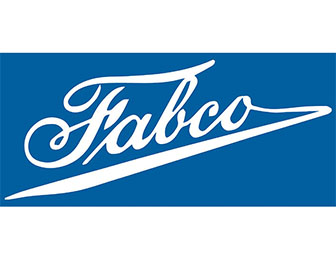
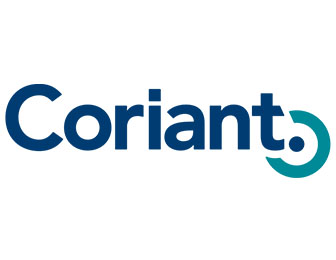

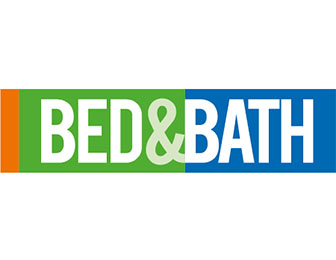

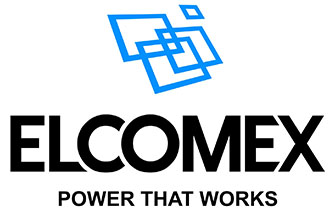

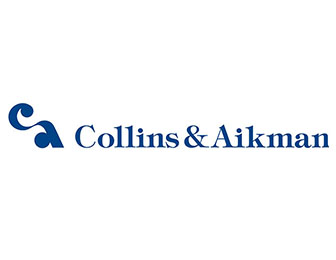
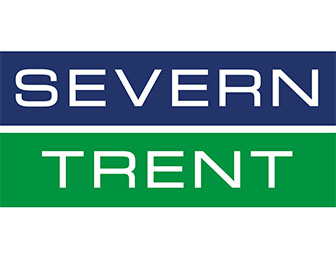
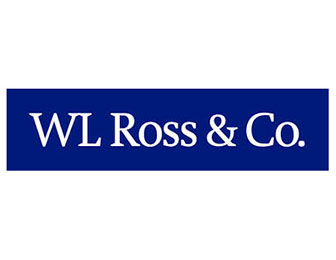

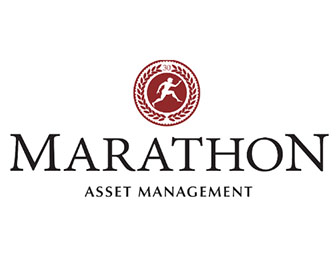

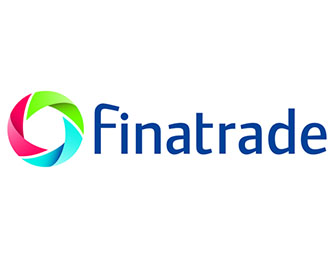
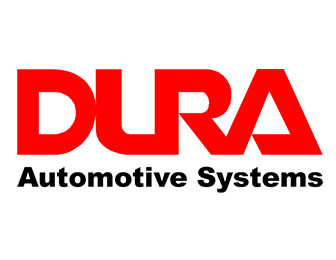
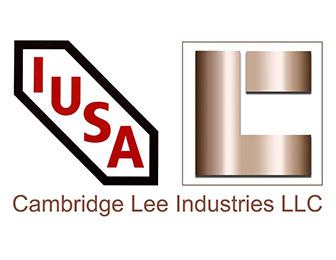

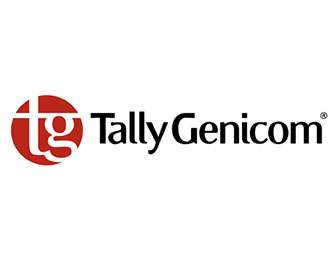
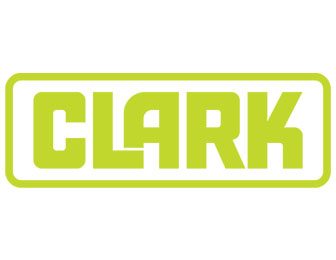

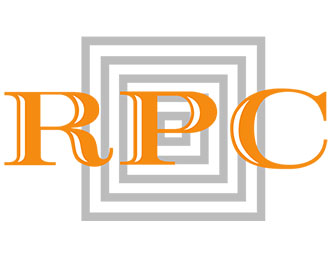

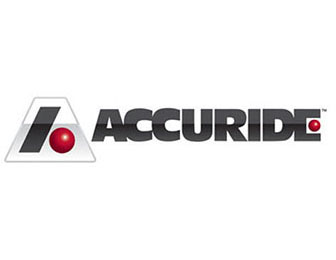
© Copyright BM&T European Restructuring Solutions Ltd. All rights reserved
Notes, insights and reflections from Matthew, one of our directors and turnaround experts, as he works with companies during Lockdown.